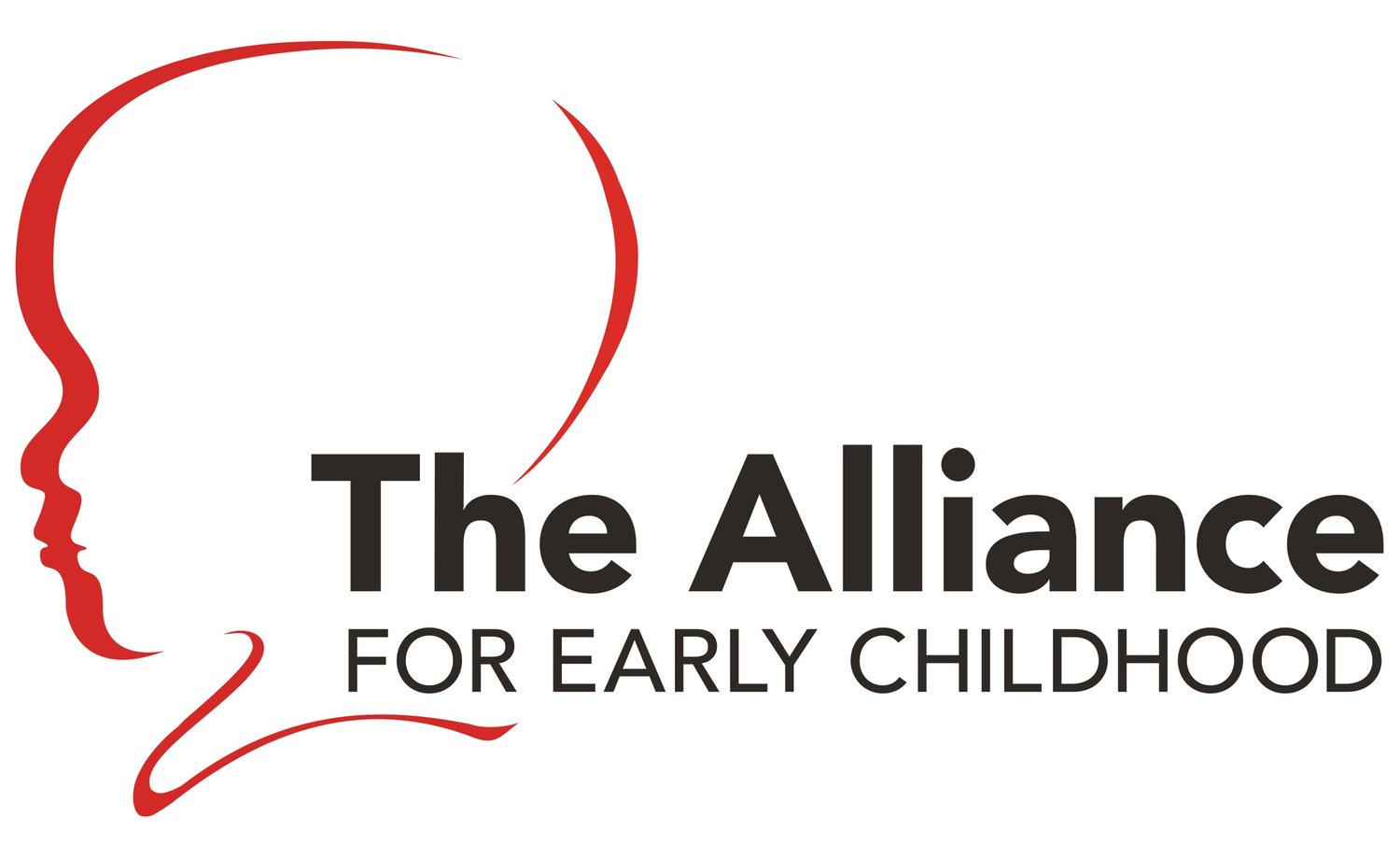What does it mean to be nourished?
Deborah MacNamara, PhD
What if we have been looking at food the wrong way when it comes to caring for our families? What if we have missed something more critical to our kid’s well-being than just healthy eating and becoming a competent eater? What if we saw nourishment as more than just a physical need and as being connected to emotional and relational needs too?
Our growing obsession with food has eclipsed the importance of human relationships that were meant to go with it. We have become so focussed on what to serve that we have lost sight of how food was meant to serve our connection to each other. We find ourselves now alienated from the caretaking instincts that used to guide us in feeding and caring for our kids. For our sake and for our kid’s well-being, we need to find a way to pair food and connection together again.
At the heart of the problem is that the simple prescription of ‘eat together’ has missed something more critical to our well-being. Connection must come first. Maslow got it wrong – food is not our most primary need when it comes to survival. While we cannot live on love alone, when food is served in the context of connection it serves to nourish us best. In other words, we need to gather our loved ones first, and then eat.
The key to our resilience and longevity has more to do with our relationships than with food, at least that is what the research continues to demonstrate. Feeding and eating cannot be separated from anything else we do as a caretaker. Eating issues can create relational ones, just as relational ones can contribute to eating problems. Feeding is one of the most consistent ways we can show up to take care of someone. Resiliency in families has never just come from eating beside each other at a table, but truly being connected to the people you are eating with. Just because we show up to sit beside each other doesn’t mean there is emotional safety. Sometimes being together can be the problem instead of the cure.
The secret to success in feeding our kids lies in the nature of their connection to us. It is their dependence on us that renders them receptive to the gifts we have to offer. When they count on us to care for them we can do more than nourish their bodies, but their hearts and minds too. As parents we are in the primary position to invite our children into our care, not just with food but to fulfill the deepest hunger they have – to matter. We were never meant to go it alone despite the messages we are given in a culture that worships self-serve, self-sufficiency, and self-care.
Today our relationship with food is anything but simple and laden with many emotions. Eating specialists argue we are negatively influenced by diet culture, nutritionism, behavioural approaches to eating, as well as the industrialization of food. Eating disorders are the second leading cause of fatalities worldwide behind opiod use. How can we lead our children to having a good relationship with food? What do we do about picky eating and challenging behaviour at the table?
The foundational insight we need is to see food as an instrument to orchestrate attachment. Our greatest challenge is to hold onto our kids in a world full of separation and feeding them gives us an unparalleled opportunity for connection. What we need to consider what it costs us emotionally to be close and can the vulnerability be tolerated? Eating isn’t simply about food. What gets transferred between feeder and eater on an relational and emotional level? How does the relational context we create to eat in serve the gut, digestion, and overall health? What has become clear is we cannot solve food problems without considering the relationships and emotions that come with eating.
We have never had so much information about nutrition, what food to eat, how to prepare and serve it. But the answers we need are not in the food itself but in the relationship we have with each other. The way to the stomach is through the heart. What if we made connection the focus and eating offered us an opportunity to celebrate our togetherness? What if picky eating and the nutrients in food were not the most pressing things on our mind? The answer is that it would change how we nourish our kids. We would give them something more substantial to sustain them against adversity in the years ahead and to fuel their path to realizing their full human potential.
Deborah MacNamara, PhD, is a clinical counsellor and educator, author of Rest, Play, Grow, and her new book Nourished: Connection, Food, and Caring for our Kids (and everyone else we love). She is on Faculty at the Neufeld Institute, the Director of Kid’s Best Bet, an online resource centre for families. For more information see deborahmacnamara.com.
